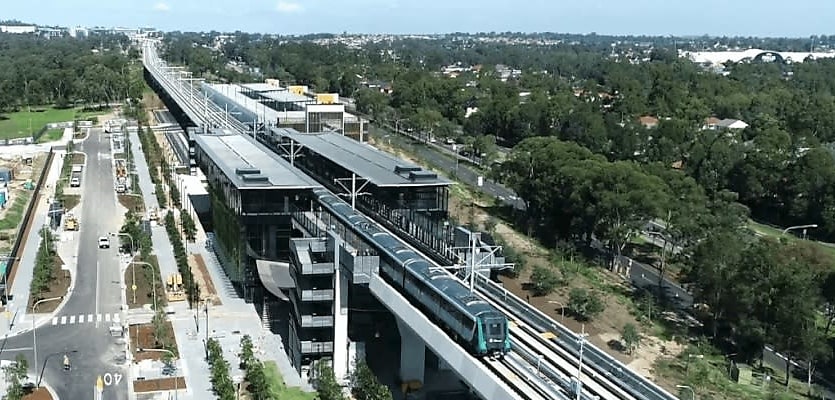Despite reduced stamp duty revenue, the NSW budget handed down this week delivers a solid outlook for growth, record infrastructure spend as well as strong spending in health and education, according to the Property Council of Australia.
Property Council NSW deputy executive director William Power said that a smaller surplus (of $802 million in 2019–20 and averaging $1.7 billion in forward years) has produced a sensible budget.
He said it is one that is a product of lower revenue.
“With a further $173 million writedown of stamp duty revenue, the total writedown is to $10.6 billion to 2022,” he said.
“The budget also contains a $6.4 billion investment in Metro West, a key piece of transport infrastructure to drive investment Sydney’s growing West.”
Mr Power said Treasurer Perrottet’s third budget delivers on the government’s election commitments.
“It provides a solid foundation for future economic, job and productivity growth through a $93 billion infrastructure investment; however, it’s a budget that reflects tightened purse strings necessitated by a slower residential housing market.
“The record infrastructure spend includes $55.6 billion on road and rail, $7.3 billion on education and $10.1 billion on health infrastructure.”
Mr Power said it is important to spend in the right areas.
“Sydney and NSW will always grow, but we must invest in the right infrastructure in the right places so that we grow well — this budget does this and supports new and growing communities with much-needed social infrastructure,” he added.
“The investment in the Metro West will mean the increasing number of our city’s workers who live in Western Sydney can get to work more easily. However, it will also drive investment in centres such as Sydney Olympic Park and Parramatta supporting a 30-minute city. This added to the North-South Metro Rail Link will make for a more connected western city and drive investment in the aerotropolis.
“RBA governor Philip Lowe recently encouraged the federal and state governments to invest in infrastructure to boost economic growth, productivity and jobs, and it is good to see the NSW government continue its record investment.”
Mr Power said, on the whole, it is a good fiscal outcome for the state, which is in a solid position with strong economic fundamentals.
But he also said the government could do more.
“Government revenue has dropped due to a subdued residential market, and there is nothing in the budget to support a slower residential sector and drive housing supply.
“We mustn’t lose our focus on providing a diversity of homes for our growing population — this requires a long-term policy commitment.”
Mr Power said the budget forecasts residential transfer duty to grow at an annual rate of 8.8 per cent over the four years to 2022–23 due to a return to average transaction levels driven by interest rate cuts and relaxed credit restrictions.
“To make these forecast figures a reality, we must also look at gaining greater efficiency and productivity through our planning system — a system that is slow, lacks transparency and is not working for industry or the community,” he said.
“It’s great news that there are no new taxes or tax increases given the downturn in the residential market. The next task for the government is to take a long, hard look at the cumulative impact of the existing fees, taxes and charges regime across state and local government which are a major impediment to housing affordability in NSW, especially in Sydney, the Hunter and the Illawarra.
“A commitment to a long-term strategy for new sectors such as build-to-rent will also ensure there is counter-cyclical investment in the residential sector, further strengthening revenue streams.”
Mr Power said that, with softening stamp duty revenue, the Treasurer should now turn his attention to tax reform.
“It’s time to take on some of the tough reforms that will ensure our state economy is not completely reliant on peaks in the property market.
“The announcement of a Federal Financial Relations Review led by David Thodey AO is a good initiative that can inform the reform process and lead to a more reliable revenue base.”







You are not authorised to post comments.
Comments will undergo moderation before they get published.